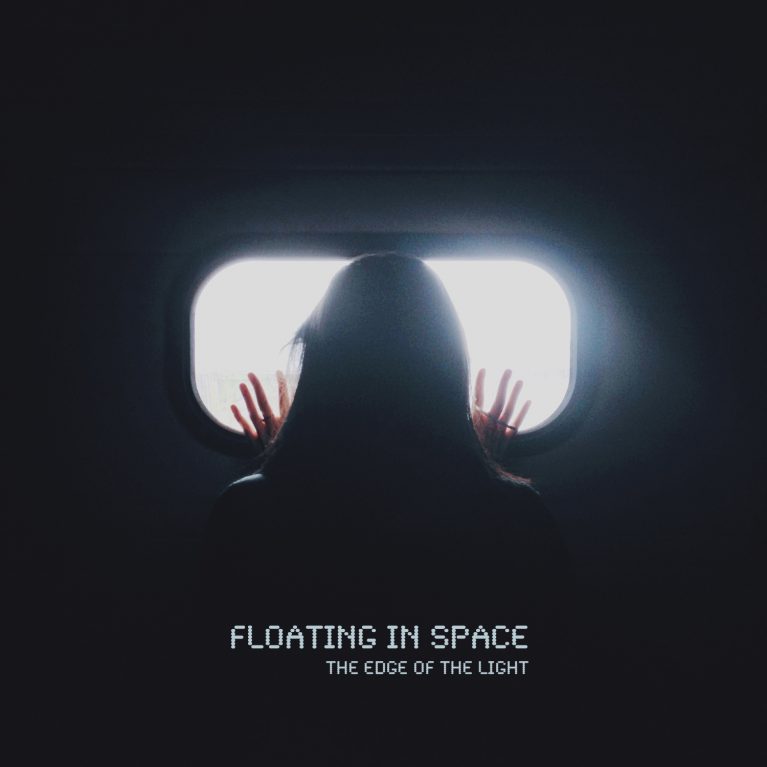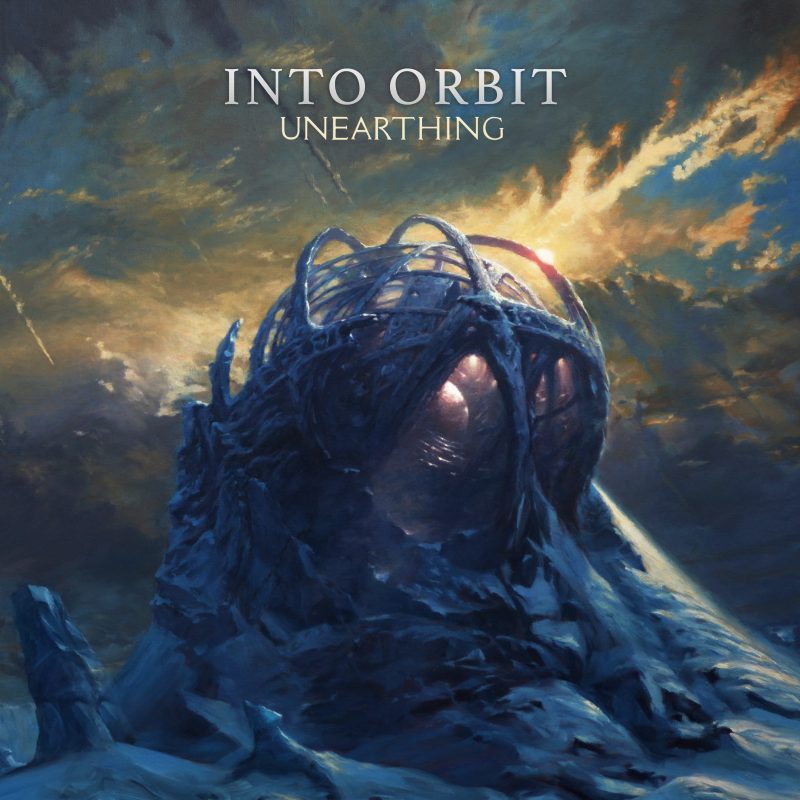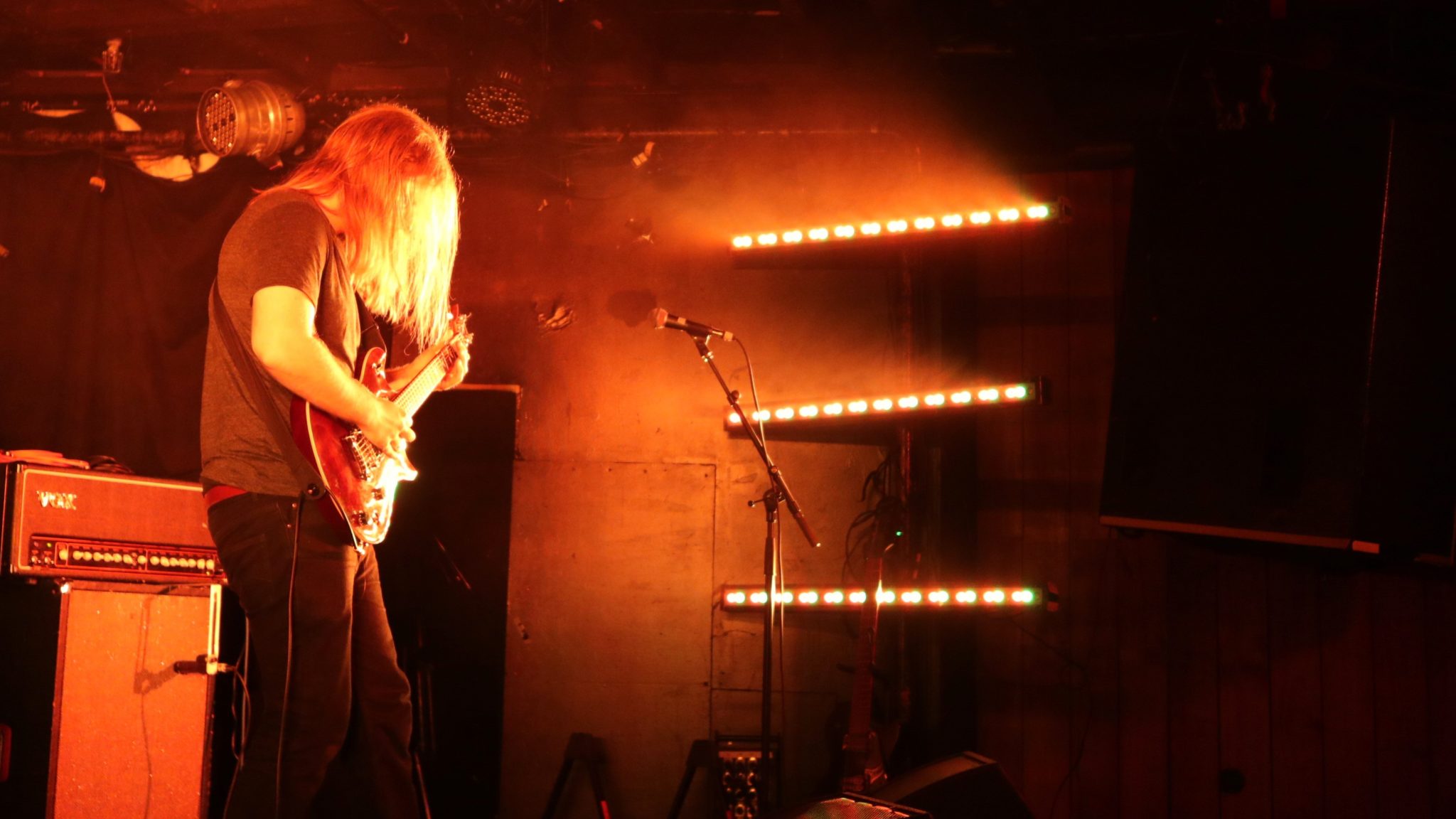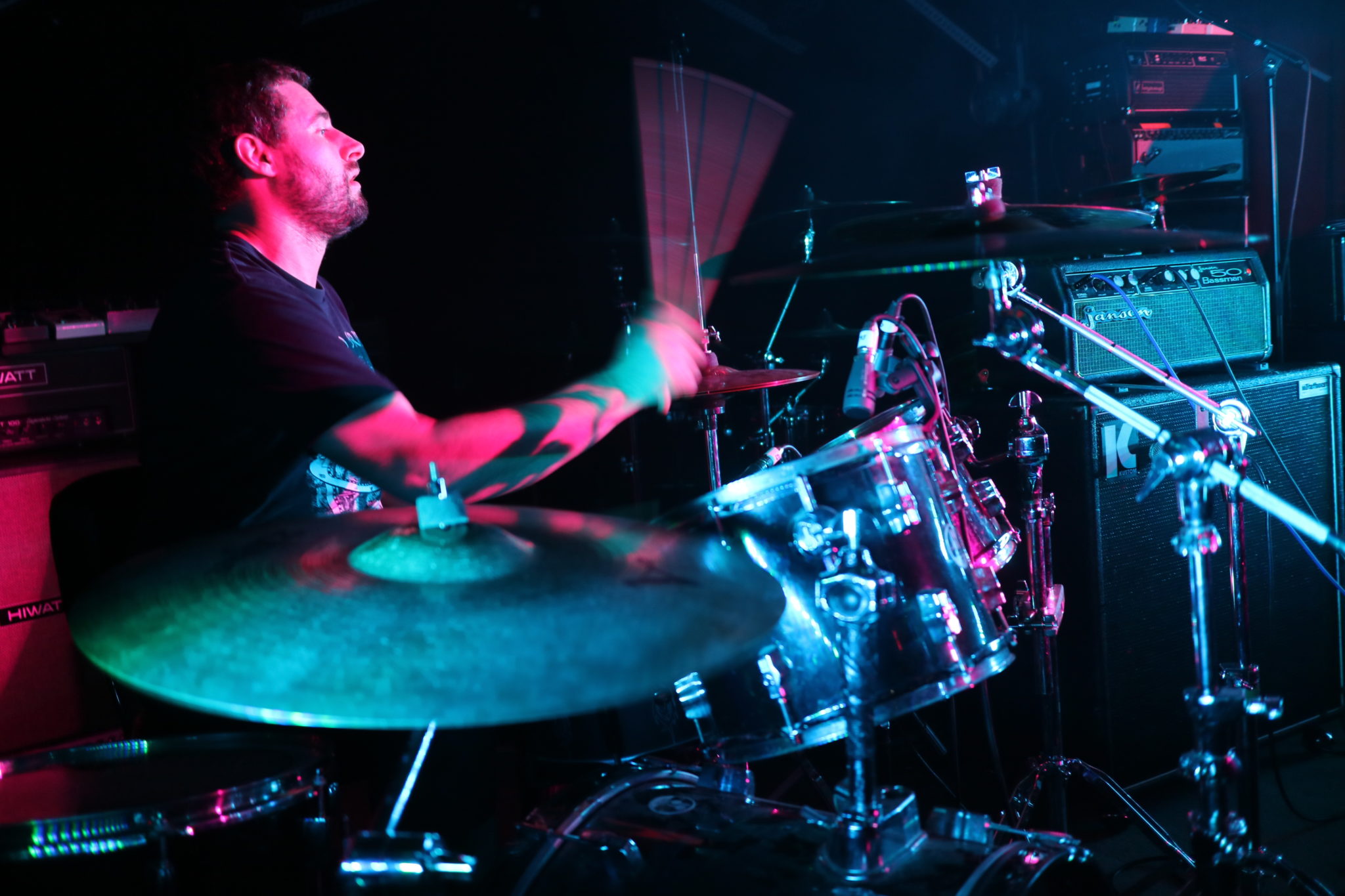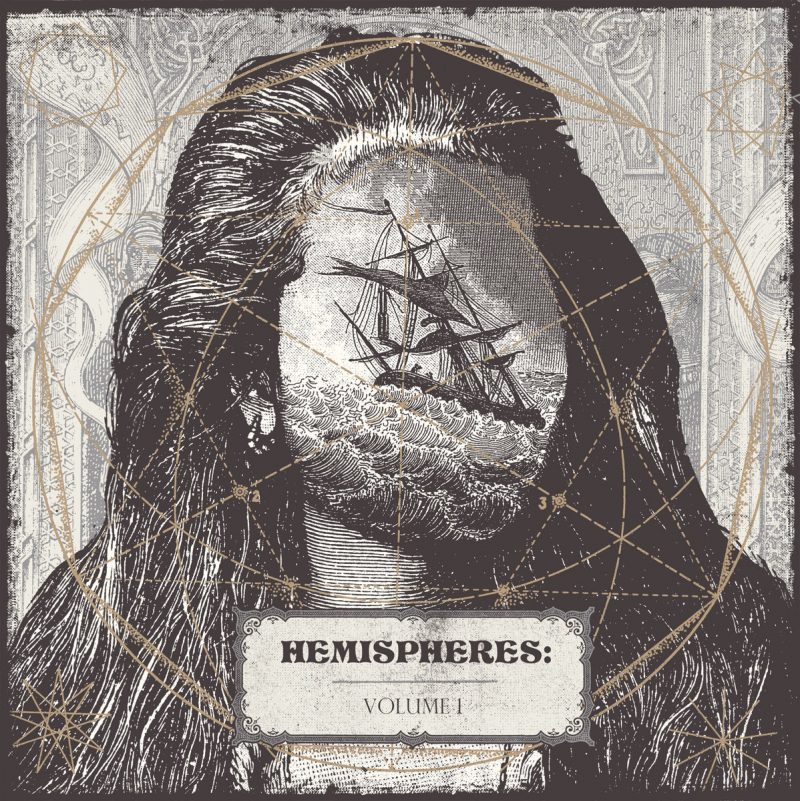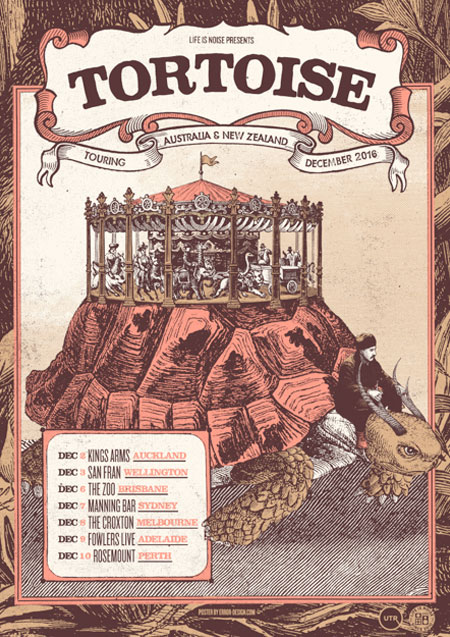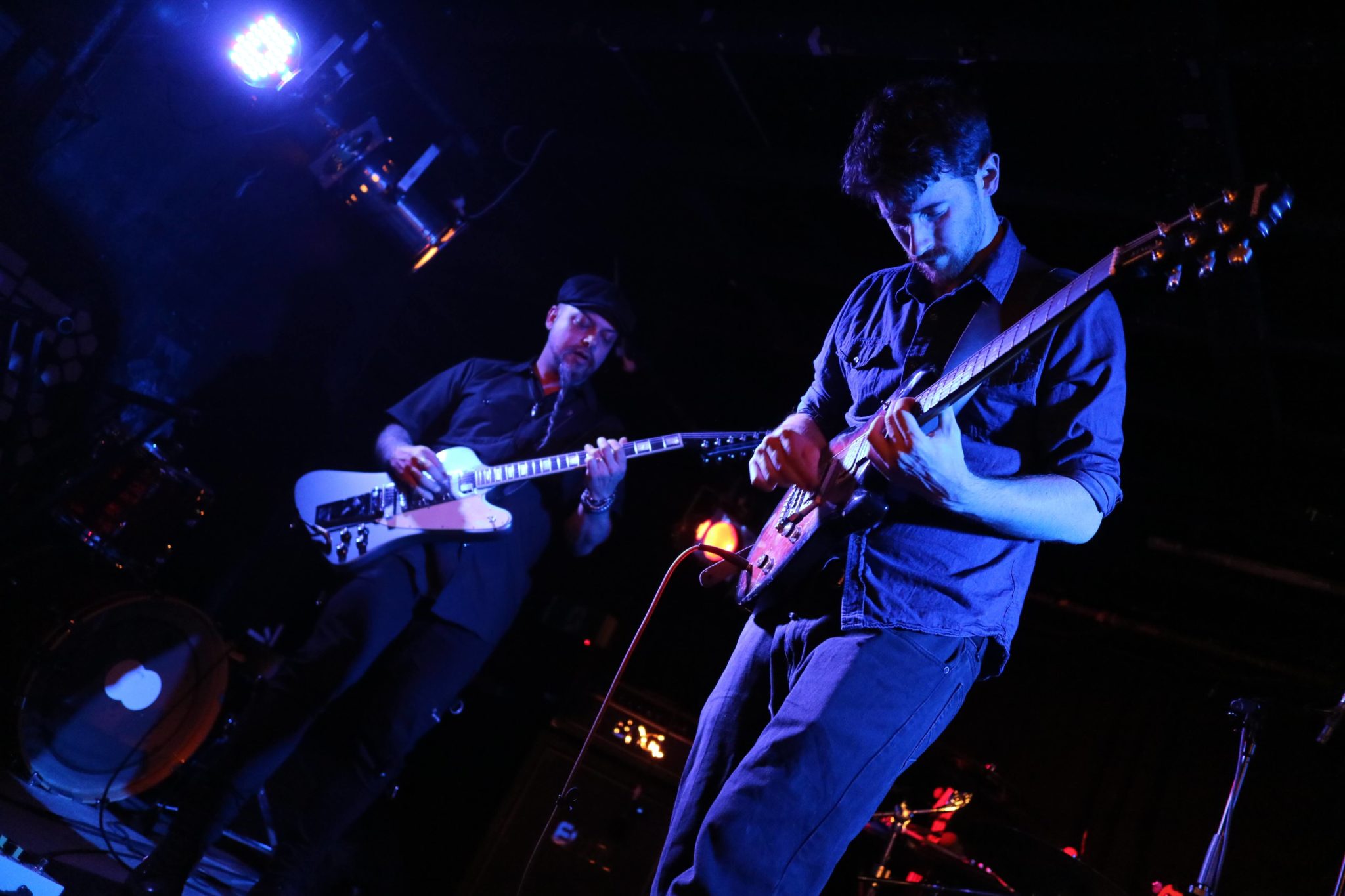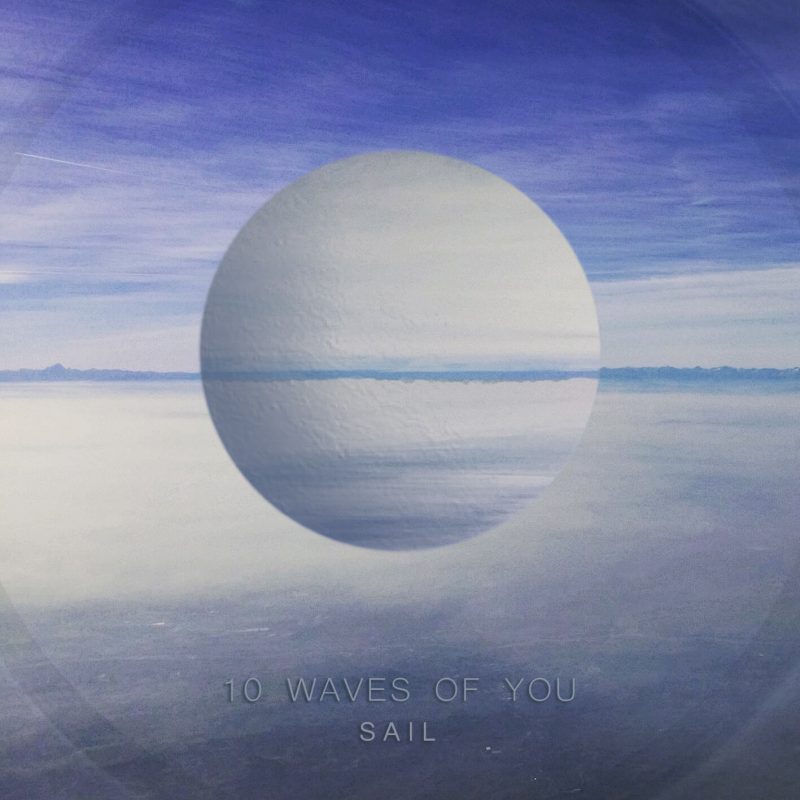There is little wonder that Ruben Caballero approached niche record label Deep Elm when he was looking for someone to release his début album, The Edge of Light. Deep Elm have switched their core focus from emo to cinematic post-rock in recent years, and Caballero’s project, Floating In Space, fits within this new vision beautifully.
Deep Elm have always been staunchly independent. In recent years they have adopted a brave strategy and made the move to Bandcamp, offering their entire catalogue up for pay-what-you-want. Obviously this does not make great business sense to offer your product up for potentially no return. The label still managed to make money however, by licensing their music for film soundtracks and advertisements.
Similar to other Deep Elm poster boys like Lights & Motion/Christoffer Franzen, Moonlit Sailor and Dorena, Floating In Space offers an inviting musical soundscape to whisk you away into places far away. The songs stand alone as strong releases, but also offer the potential to soundtrack a big screen blockbuster.
Caballero explores dichotomies with his music, stating “Through my songs, I try to show my vision of a world where light and shadows, calm and fears, solitude and togetherness meet in the vastness of space.” Hence the chosen title for this musical outlet: Floating In Space.
He also comments on the cinematic nature of the music: “There are two things that never cease to inspire me when I look through my window: the sea and the sky. I see all vital experiences, dreams and fears more clearly when taking a night walk along the coastline. Those walks inspire me to describe my feelings through music. So I’ve created an album that I would want to listen to, as if my experiences and feelings were sequences of a movie with my music as the soundtrack””

One setback is that The Edge of Light sounds more like a collection of cinematic snippets than a cohesive album. Unlike most post-rock/ambient projects, the tracks found here never extend far past standard single duration, with longest song ‘Redshift’ clocking in at just shy of four minutes long. This is not to say that brevity is a bad thing, but more a suggestion that some of the tracks could have been pushed further and extended upon.
Sure enough, The Edge of Light spans the emotional spectrum, visiting moods and feelings with lush instrumentation. It really is a ride, ranging from intimate delicacy to intense urgency. One can hear the time and passion Caballero has invested into this project when we unfold the layers and notice each subtle component.
If cinematic music takes your fancy, then let Floating In Space take you on an expansive journey through time, space and emotion.
Floating In Space Links
Bandcamp: http://deepelmdigital.com/album/the-edge-of-the-light
Facebook: https://www.facebook.com/floatinginspacemusic/
Twitter: https://twitter.com/floating_music
Instagram: https://www.instagram.com/floatinginspace_official/
Soundcloud: https://soundcloud.com/floatinginspacemusic
Joseph James

